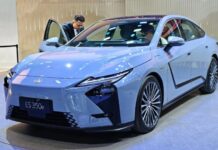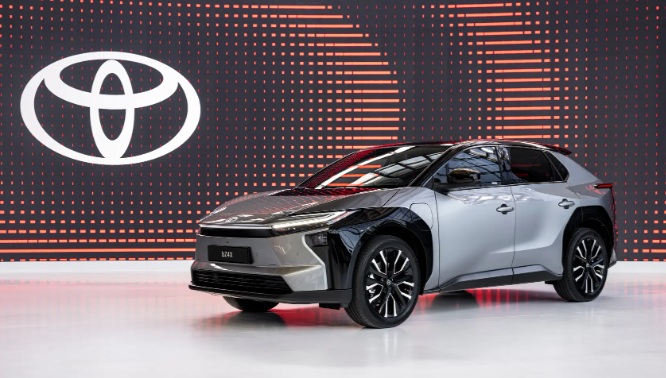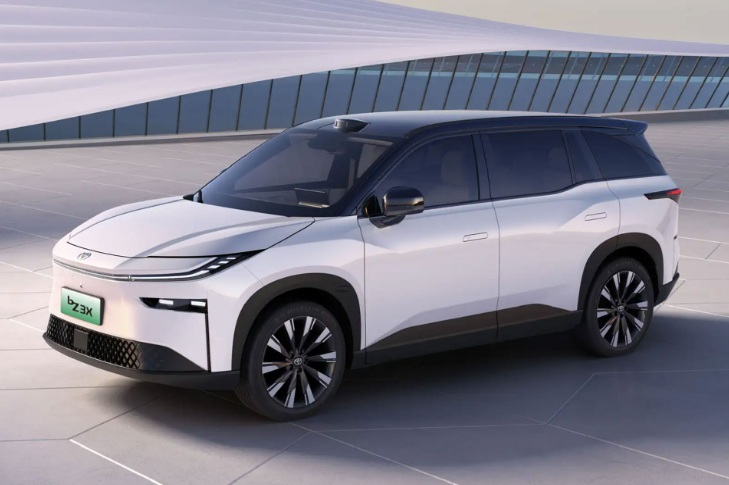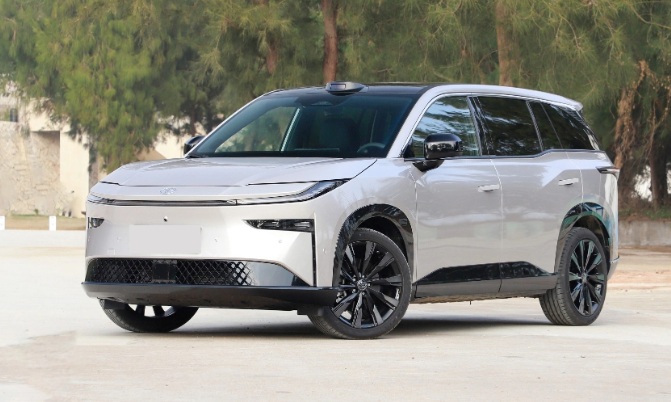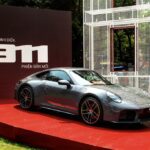Toyota has officially confirmed the delay in its plans to construct a new battery plant in Japan.
This move signifies a strategic adjustment in the electrification roadmap of the world’s leading automotive brand.
Previously, Toyota intended to build the plant in Fukuoka Prefecture, with a specific location to be announced in April. However, the plan has been postponed to an unspecified date in the autumn, and the initial timeline for the plant’s operation, which was set for 2028, may now be extended further.
Despite the delay, Nikkei Asia reports that Toyota remains committed to the project but needs to reevaluate the products to be manufactured at the facility. The plant was initially designed to produce batteries for next-generation electric vehicles, including models with a maximum range of 1,000 km.
Toyota’s plan adjustment reflects a shift in its approach to the electric vehicle market. While global electric car sales continue to grow, the pace has fallen short of earlier predictions. This discrepancy has prompted many automakers to adapt their strategies accordingly.
In 2022, Toyota announced a sales target of 1.5 million electric vehicles per year by 2026. However, by 2023, this target was reduced to one million cars annually and has recently been further adjusted to 800,000 cars per year. Nonetheless, Toyota remains committed to electrification and is merely adjusting its timeline to align with the dynamic market conditions.
In addition to global strategic adjustments, Toyota established a new dedicated subsidiary for the Lexus brand in China at the beginning of this month. This entity, headquartered in Shanghai, is responsible for the development and production of electric vehicles and batteries, a strategic move to cater to the market demands and compete in the world’s largest electric vehicle market.

